




Epistemology is one of the subject our students come across at our Teacher Training College. Why should a teacher learn about Epistemology, and what is the connection between this discipline and education?
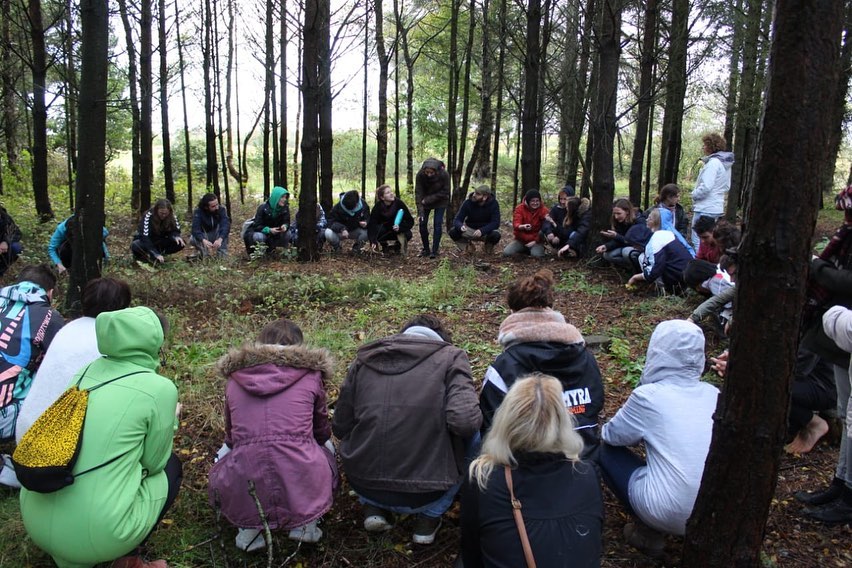
What is epistemology?
Epistemology is the branch of philosophy dedicated to the study of the nature, origin and limits of human knowledge. One of the queries of Epistemology, for example, is to find a reliable distinction between justified belief and opinion. Throughout more or less all of the history Western Philosophy, Epistemology has been central to many of the greatest philosophers’ thought.
Why should teachers learn about epistemology?
Given that Epistemology occupies itself with knowledge, it is not difficult to imagine why teachers could benefit from becoming familiar with this discipline. Teachers operate with knowledge in many ways, and therefore need to understand the deeper foundations for it. By studying Epistemology, one may reflect on various topics with clear practical implications. Here are some examples:
1. What is the purpose of knowledge? How does this purpose differ among individuals and collectives, and how should education take this into account?
2. How does the learning process work, and how do people most effectively interiorise new knowledge? How can we ensure and measure the students’ understanding of a topic?
3. How much can we know, and what is the value of knowledge, in times when information is easily retrievable online? What is and isn’t worth learning, and how can we discuss this with our students?
4. How can we measure and achieve validity of knowledge? Is there such a thing?
5. How can we recognise justified beliefs, and argue their validity?
6. What is the neuroscience of knowledge formation, and how does the age and brain development of the students influence their learning process?
7. What is the History of human knowledge, and what dynamics and ideas led us to our current understanding of reality and of ourselves in it?
Reflecting on the nature of knowledge and diving deep into our role as teachers is at the core of alternative education. The educational system is a fundamental element of every well-functioning society. It allows us to pass on knowledge, values and traditions. It also helps us to raise critical, independent and creative humans who will be able to take charge of their own lives and be active and intentional agents over their own reality. For these reasons, the quality of our educational institutions is of critical importance, and teachers must be versatile, competent personalities, prepared to engage in constant reflections on such deep, demanding matters.
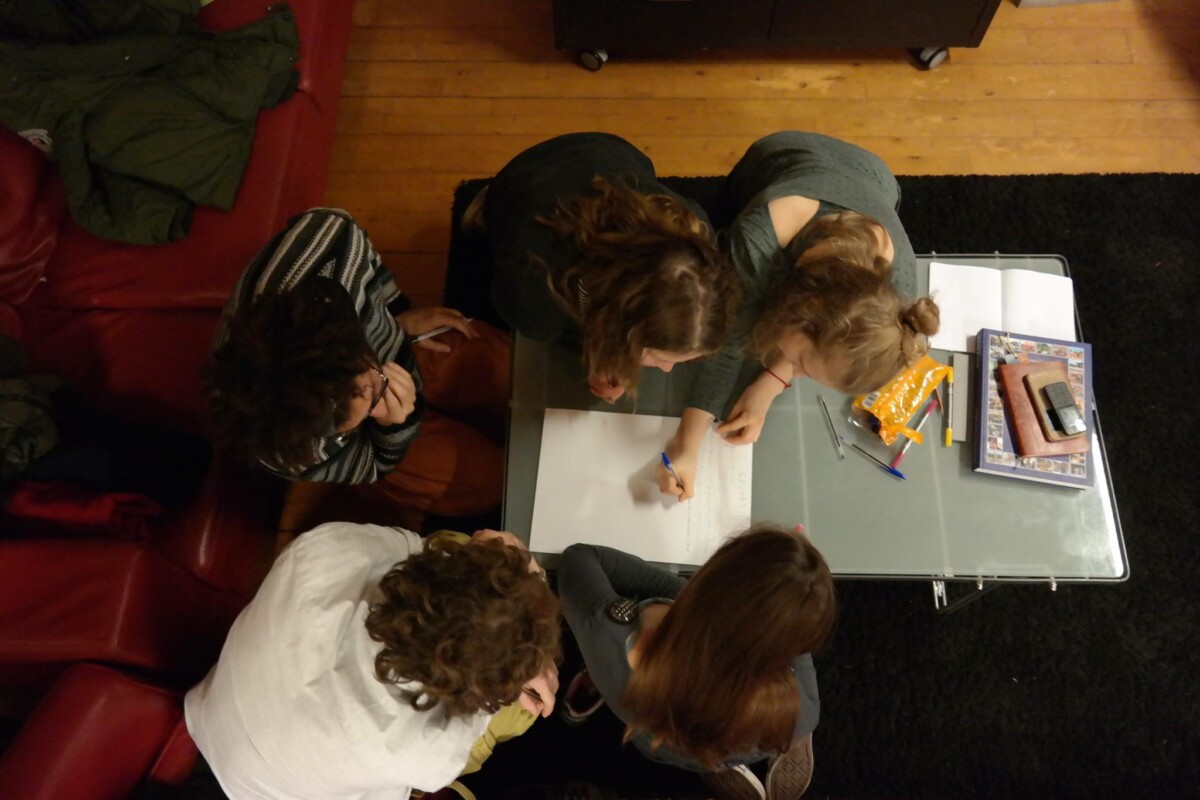
Epistemology in Teaching
Studying a philosophical subject has a peculiar value, at our bachelor in alternative education. Our students are encouraged to reflect on the role of Philosophy, philosophers and knowledge in general in the 21st century.
Adopting always a practical, constructive outlook on the world, our pedagogy believes that Epistemology doesn’t have to be a purely theoretical and abstract matter, but that it in fact has a very concrete relevance.
At the basis of our subject, lies a reflection on the figure of the philosopher. The modern philosopher, perhaps, is an individual with the capacity to show curiosity in cases of importance for the living and for the future. It is a person who ponders solutions for the global issues that affect humanity, and who places himself as an active and critical mind in the 21st Century. In this sense, philosophers are not distant, gifted and unreachable personalities – but rather anyone willing to adopt this kind of attitude towards their reality. This is often an empowering idea for teachers and students.

Methods of epistemology
Epistemology can be connected to a number of other disciplines and subjects. Psychology and Linguistics, for example, might help to understand how information is processed by us humans. How and where is knowledge stored, in the brain? Does knowledge equals understanding? And how is knowledge connected to language? Will a different vocabulary influence our understanding of the world, for example?
Science, too, becomes a protagonist in the scene of Epistemological query. Throughout the last century, the question of how scientific knowledge can be verified has been central to the Epistemological debate. Both philosophers Karl Popper and Thomas Kuhn, in his popular ‘The Structure of Scientific Revolutions’, tried to answer this question. Teachers, too, might benefit from understanding the difficulties and peculiarities of how humanity is creating its knowledge, today.
Adopting a student-centred methodology, our degree offers no ready-made answers for these questions. It is ultimately the responsibility of the students themselves to research and create their own understanding of such matters – just like it will be their own responsibility to keep reflecting on their performance and to stay updated once they become teachers.
Through project-based learning and real-life experiences, it is the students who will mature their own understanding of the topic and who will develop their personal approach to their role as teachers – to become ultimately the independent, critical and prepared teachers of the future.
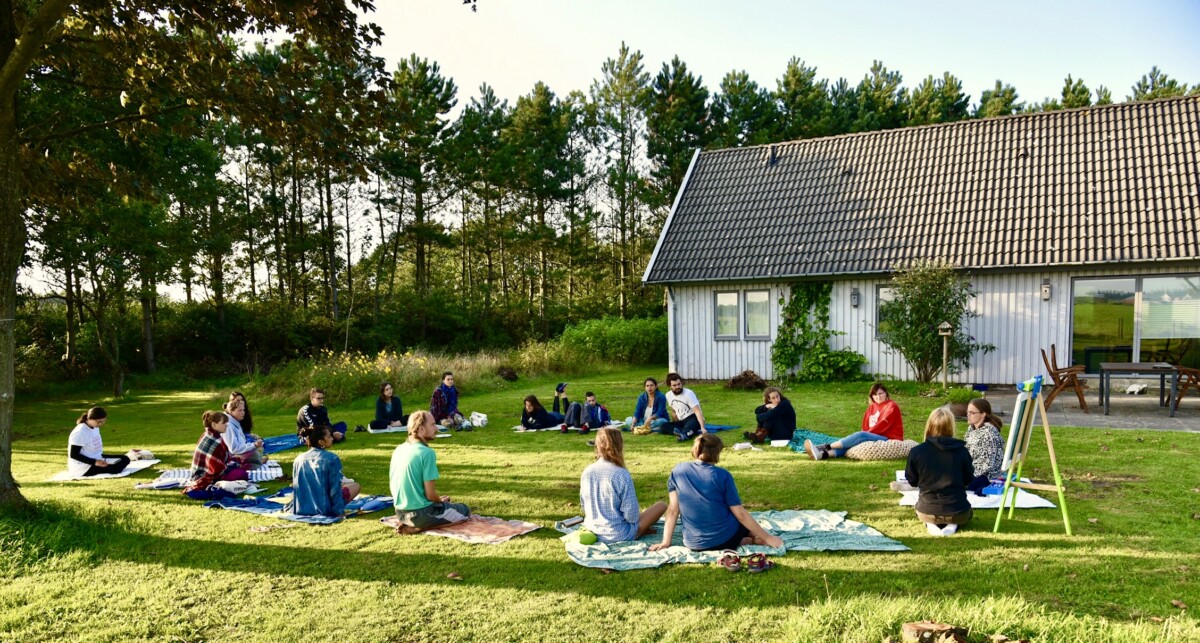
Conclusion
In short, Epistemology concerns all questions surrounding knowledge. What is knowledge, how is it created, and how can we distinguish justified belief from invalid convictions? These are just some of the questions that generations of great philosophers pondered throughout all of the history of western philosophy.
Although this discipline can seem of purely speculative and academic taste, getting familiar with it can bring some practical benefits – particularly in the field of teaching and learning. Reflecting on questions of epistemological nature can help educators to be more intentional in their teaching – allowing perhaps the students themselves to become aware of their own learning process and personal development.
This one of the reasons why Epistemology is included in our curriculum. If you are interested in our Bachelor in Alternative Education, you can read more about us here.
You can also find out more about the Pedagogical Principles that lie at the core of our alternative education here.

At our teacher training college theoretical knowledge is blended with hands-on experiences.
We emphasise a learning by doing approach and practice community living.
Our aim is to train progressive teachers who can respond to the challenges of our time.
Learn more here.
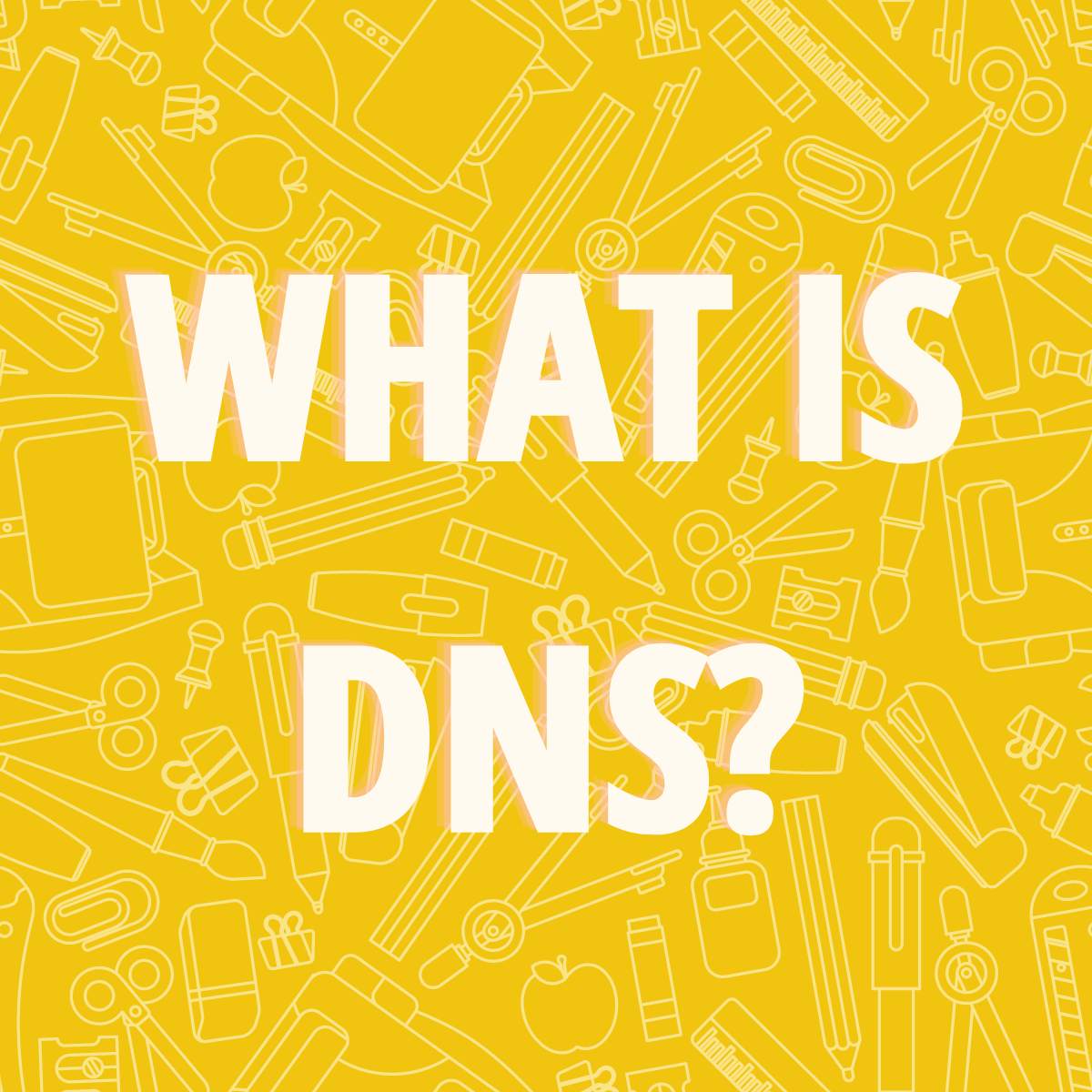
What is DNS?
“The Necessary Teacher Training College” is an alternative higher education aiming to train progressive personalities who are able to understand and respond to the many challenges of our times. Based in Denmark, our 4-year Bachelor Programme aims to enable its students to become global citizens and proficient educators, able to act and meet the challenges of the future.
Since DNS was established in 1972, over 1.000 graduates have played an important role in bringing equitable quality education to children and youth, as well as in all sorts of other projects and development programmes worldwide.
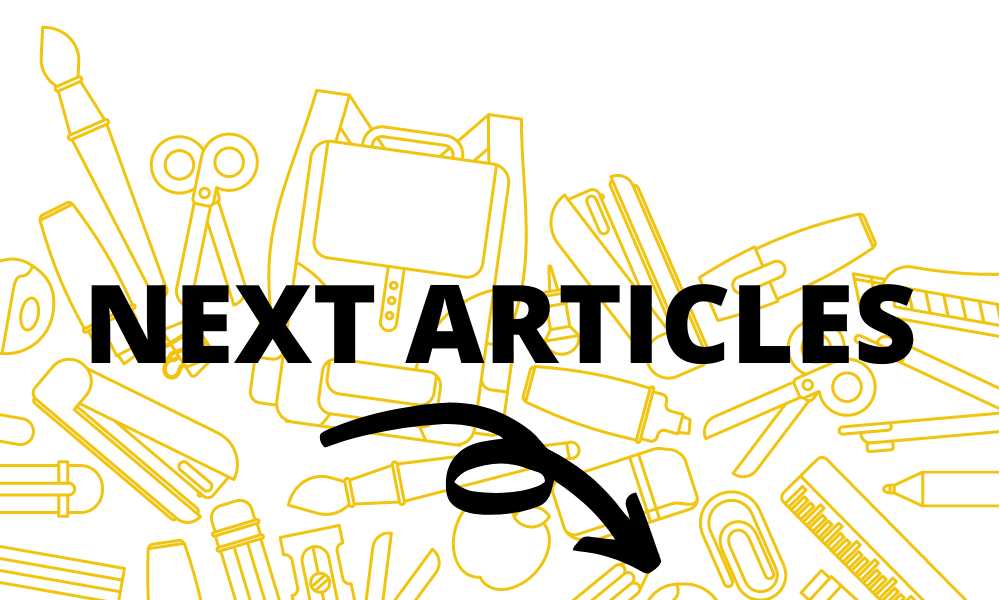

Student experiences: “What really causes Climate Change”
What are the causes of climate problems? How does the global warming work? What are all the things that humans do that negatively affect the climate, and how do they compare? What are some potential solutions to these problems, and how should they be addressed?
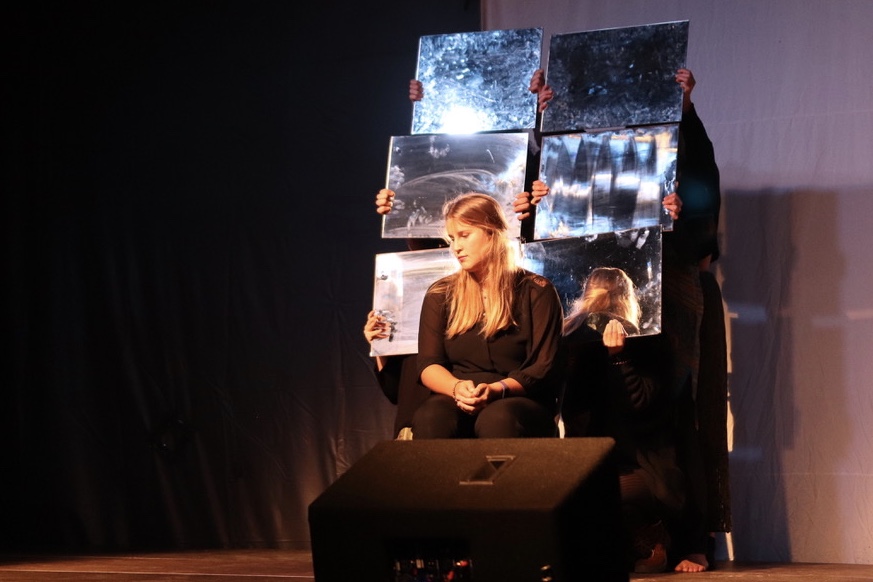
Three examples of “Learning by Doing”
What does ‘Learning by Doing’ mean? In this article, we explain how this method can be applied to different learning contexts through 3 examples.
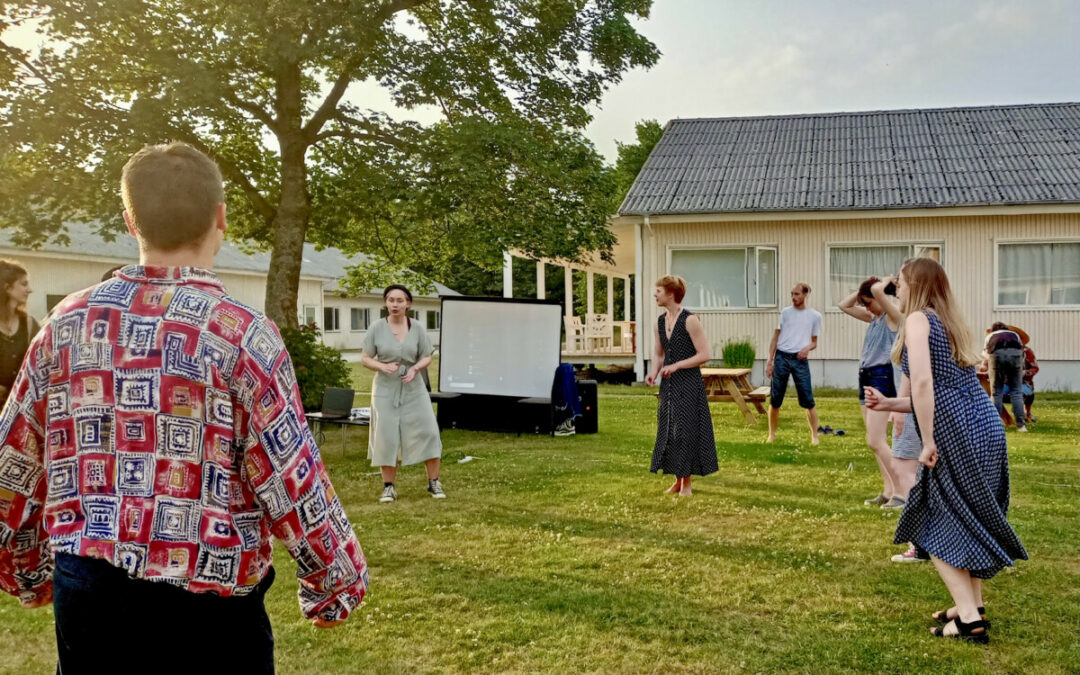
What does it mean to lead a “teacher lifestyle”?
Being a teacher is not only a profession – it is a mindset and a lifestyle, too. What does it look like, then, and why should you consider it?


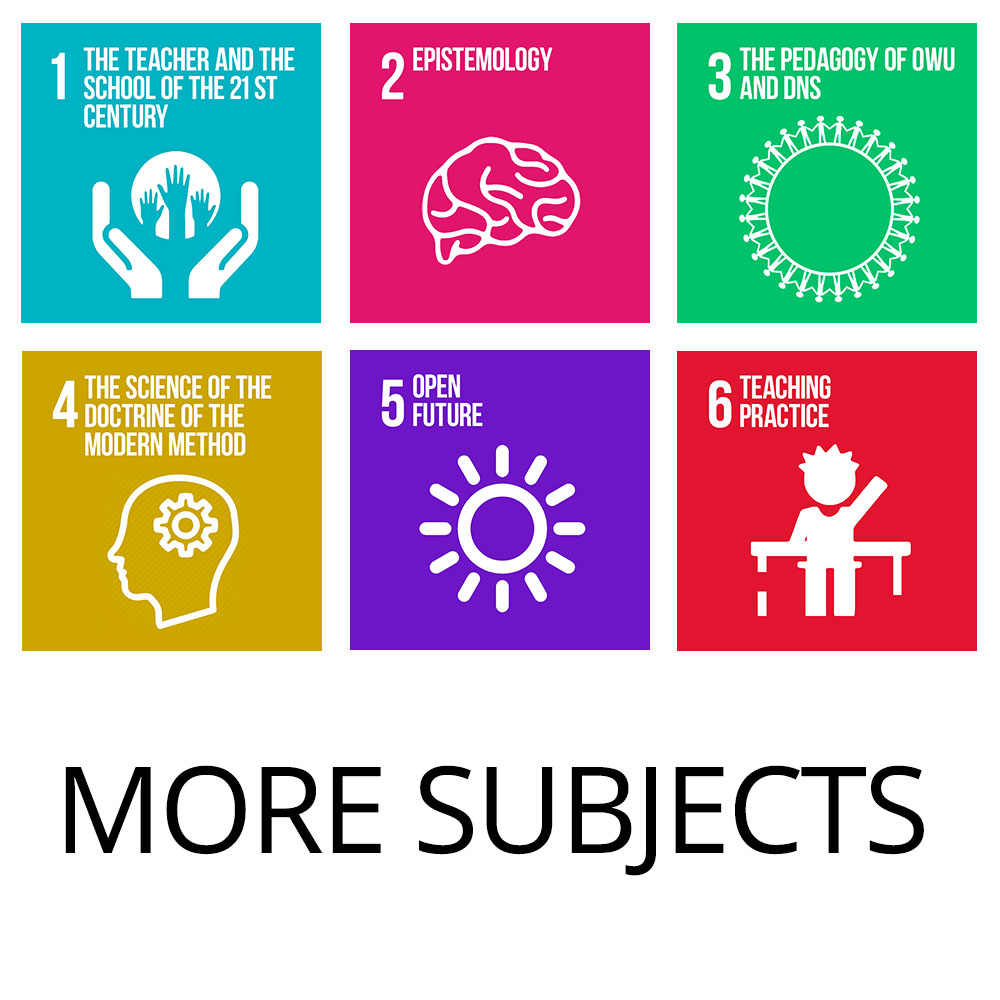
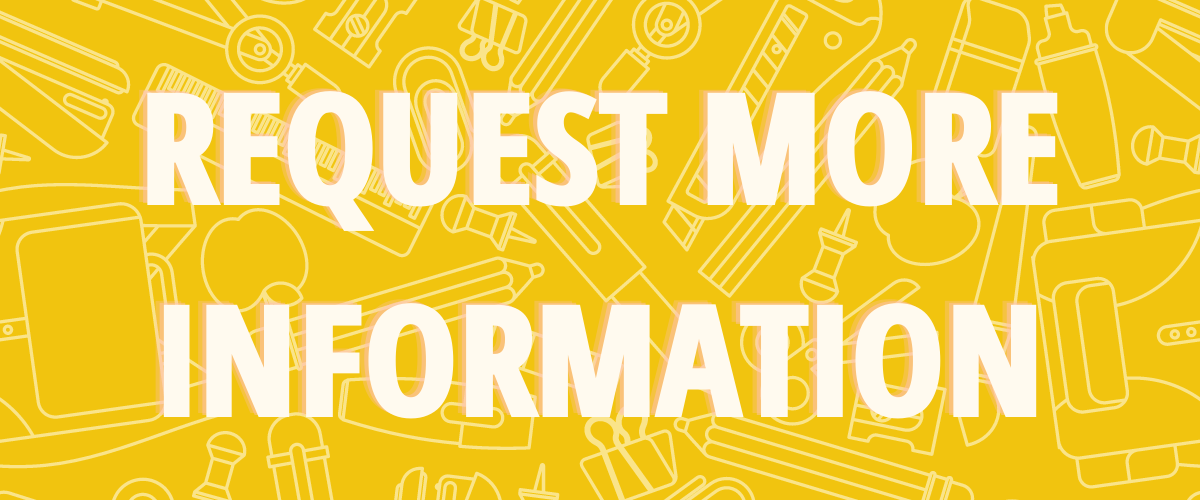

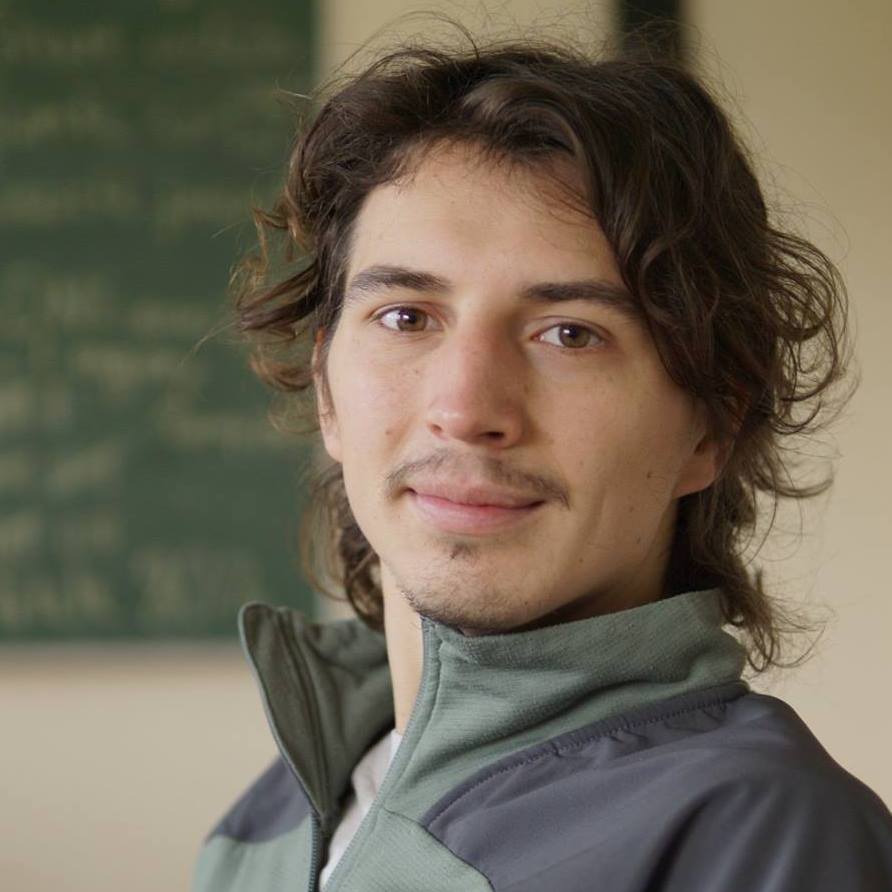
This was very helpful
Thank you for your help